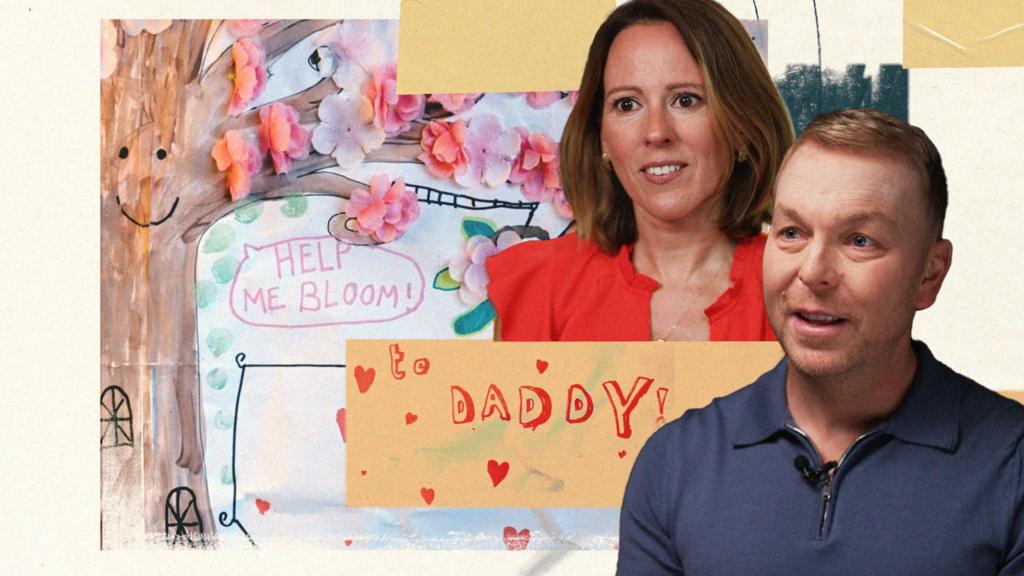Victoria Beckham calls husband David ‘truly the best daddy’ amid Brooklyn feud as she shares sweet new Xmas video
VICTORIA Beckham gushed over her husband David Beckham as he continued a sweet family tradition with their daughter, Harper.
The former Spice Girl gave an insight into their family Christmas which they celebrated with their extended families and three of their four children, Cruz, Romeo and Harper.
Victoria shared a range of photos and videos from their festive Christmas, including a video of David dancing with Harper, 14, to the Kenny Rogers and Dolly Parton hit, Islands in the Stream.
David and his wife have long danced to the hit song at anniversary and birthday celebrations as a mark of their love, have even inspired a viral TikTok trend in 2024.
Now David is continuing the tradition with his daughter and they sung the lyrics as they danced, and the former England footballer then dipped Harper who held on and smiled.
“Truly the best daddy,” Victoria captioned the video which she shared to her Instagram stories.
Notably absent from their celebrations was the couple’s oldest son, Brooklyn and his wife, Nicola Peltz.
Brooklyn himself posted a Christmas Eve snap of his wife, declaring that she’s his “everything” amid the feud with his family.
The couple then spent Christmas Day hitting the courts with tennis player Reilly Opelka, as well as Nicola’s brother Bradley.
The ongoing feud between Brooklyn and his family escalated this month when he blocked his famous parents on Instagram.
The move infuriated brother Cruz, 20, who addressed the drama – revealing that Brooklyn removed the entire family – including 14-year-old Harper – from his social media.
The musician confirmed his parents woke up to being banned from seeing Brooklyn’s profile, and said: “My mum and dad would never unfollow their son.
“They woke up blocked. As did I.”
Brooklyn’s wife Nicola is also not following any of the Beckham family on Instagram – weeks after the couple were absent from David’s long-awaited knighthood celebrations.
Meanwhile David and Victoria were not present for Brooklyn and Nicola’s New York wedding vow renewal in August.
The couple, who tied the knot in 2022, were last pictured with David and Victoria last Christmas.
Earlier this week, Brooklyn reportedly called for his parents to apologise to Nicola, with a source claiming: “There was a long briefing war where it was open season on Nicola. They (David and Victoria) targeted Nicola and thought that they could do so without consequences.
“You can’t inflict that much pain and damage on two people and then expect to pick up the relationship via a public social media post. The person who caused the pain does not get to decide when they declare it is over.
“If they want to make up then they need to apologise and acknowledge the pain caused and make changes to show that it is not going to happen again.”



